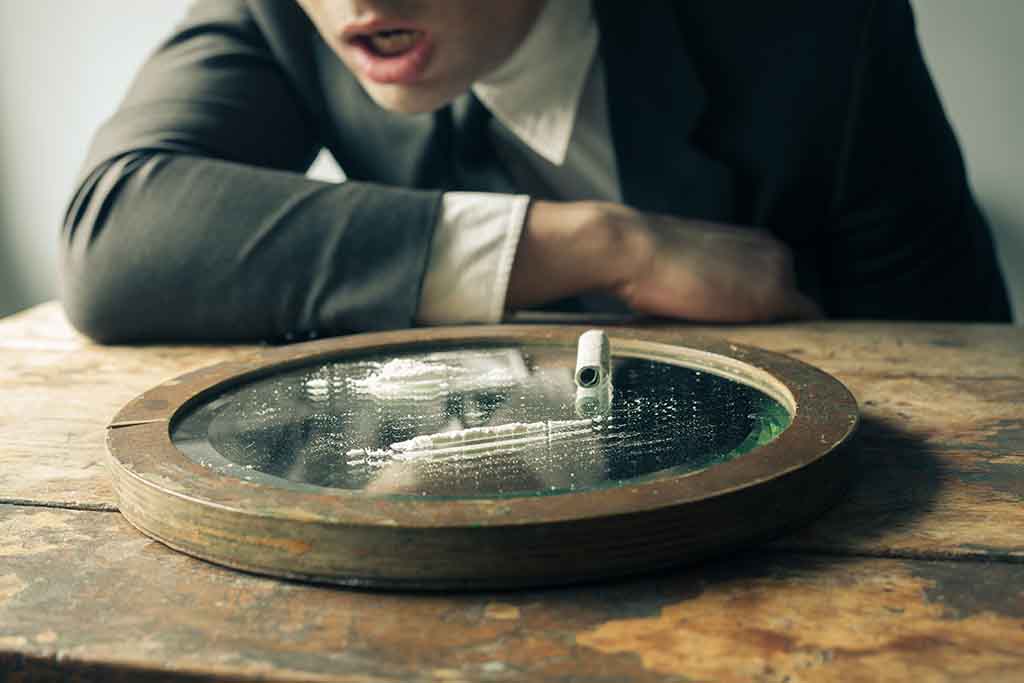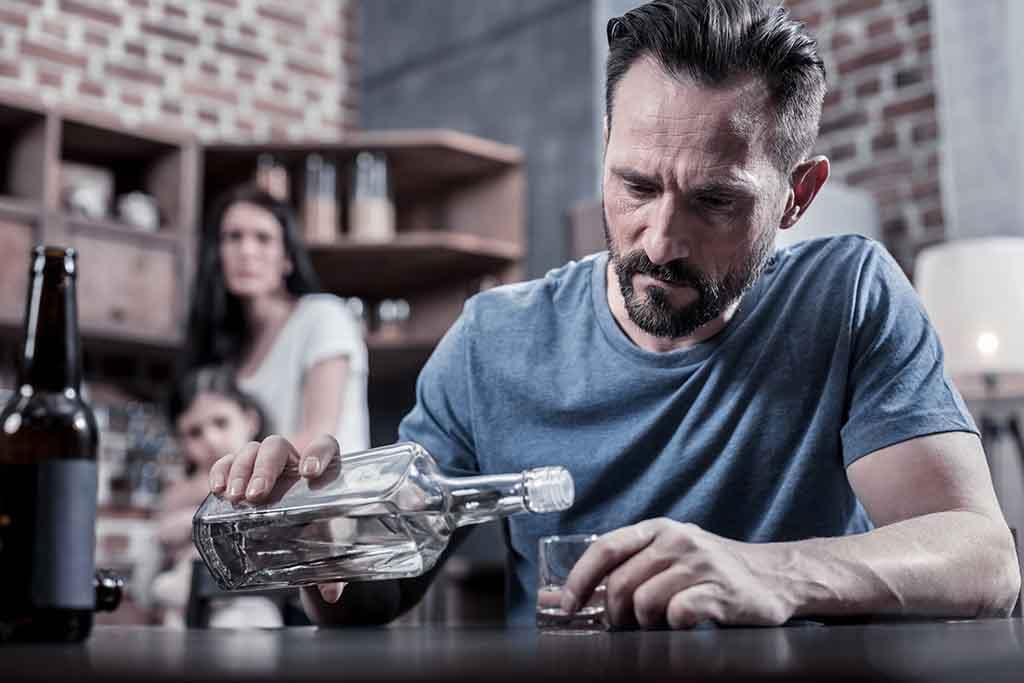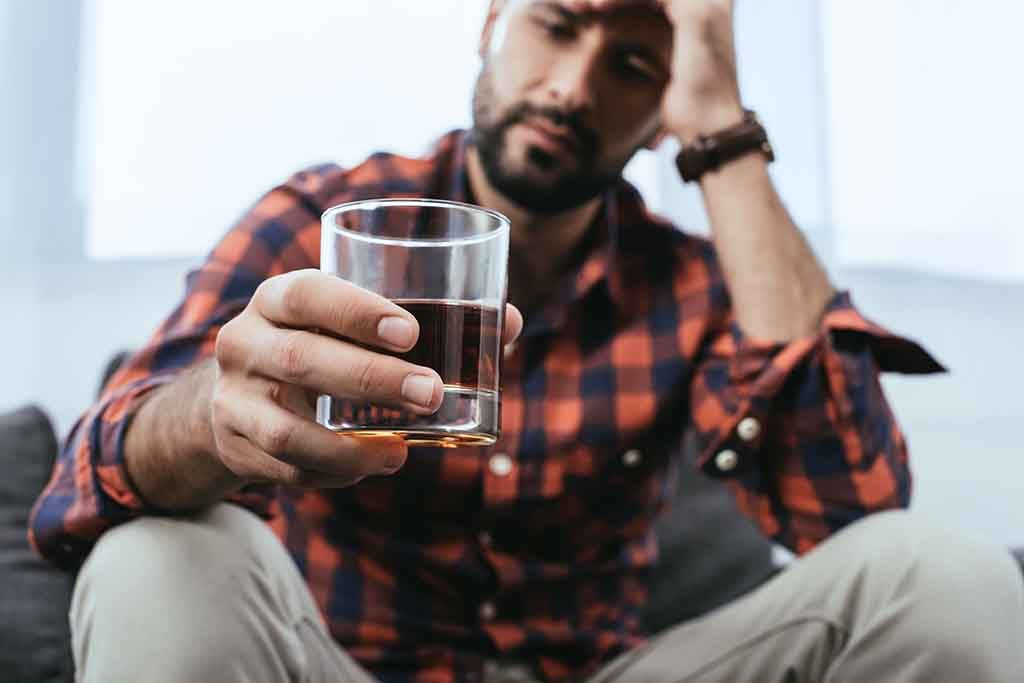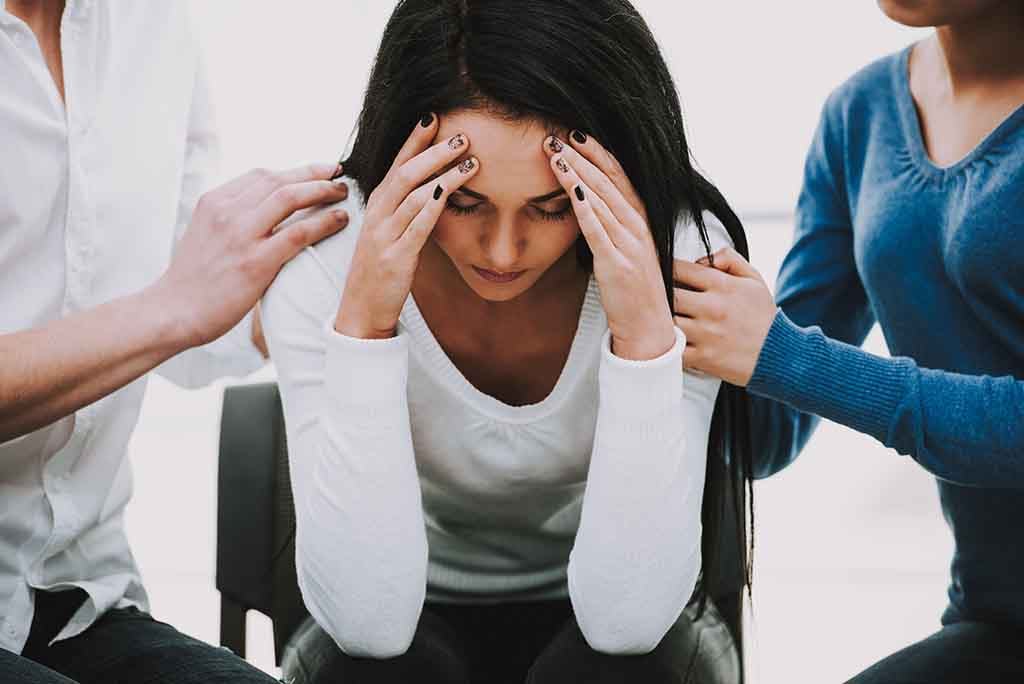What causes dual diagnosis?
If you have a mental illness, you may use alcohol, drugs or engage in risky behaviour to feel better or cope with symptoms such as depression, anxiety and rage. Frequent and sustained use of drugs and alcohol then leads to addiction.
On the other hand, abusing prescription drugs or street drugs may trigger or worsen a mental disorder such as bipolar or schizophrenia. Several drugs are known to activate a mental illness or at least, deepen anxiety or depression that already exists.
For some people, addiction and mental health issues are triggered by the same factor and start at the same time. For others, they start separately and get progressively worse if the dual disorders aren’t treated.
Dual diagnosis depends on the type of mental disorder and its symptoms, drugs and alcohol used and the severity of substance use disorder, and how mental health and addiction alters the course of a person’s overall well-being.








